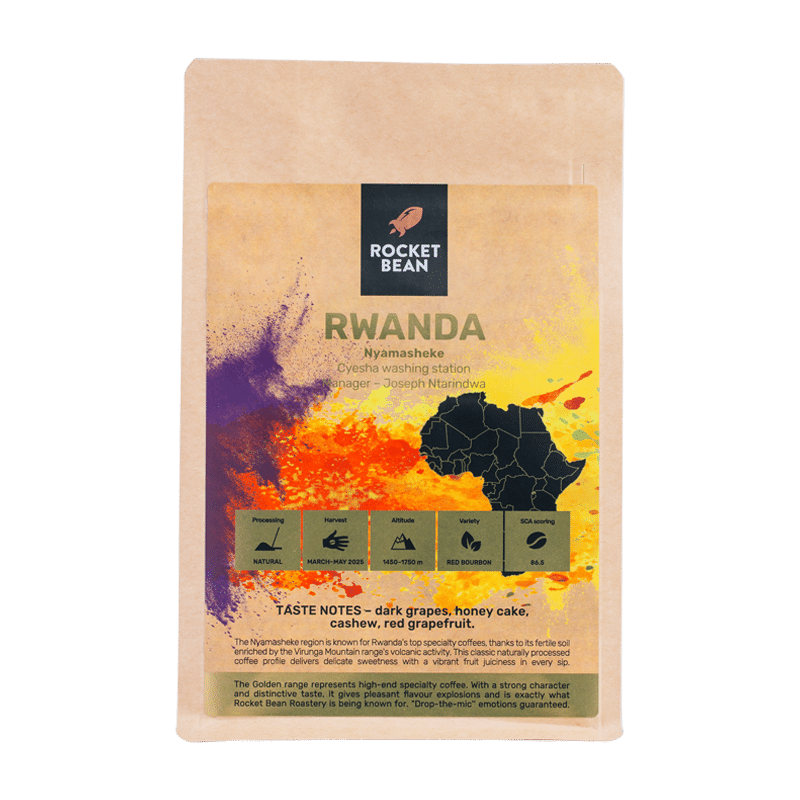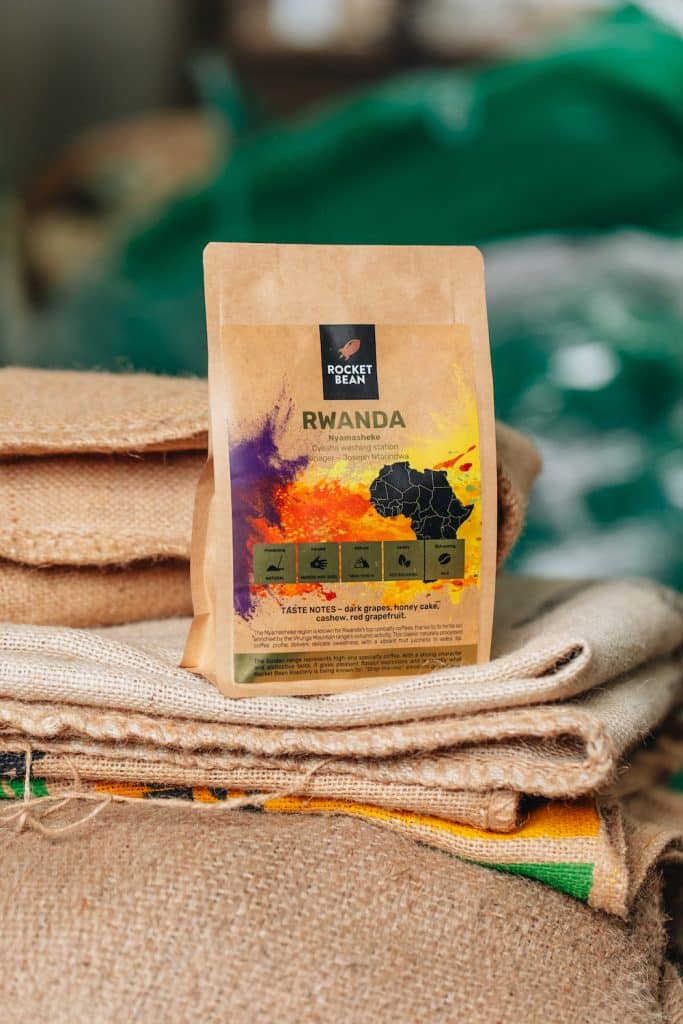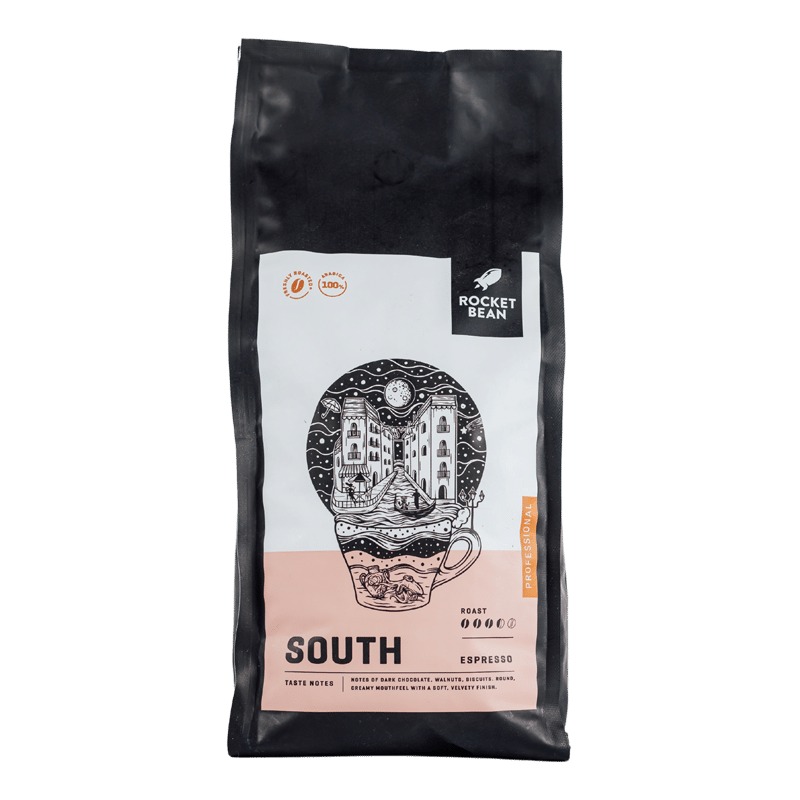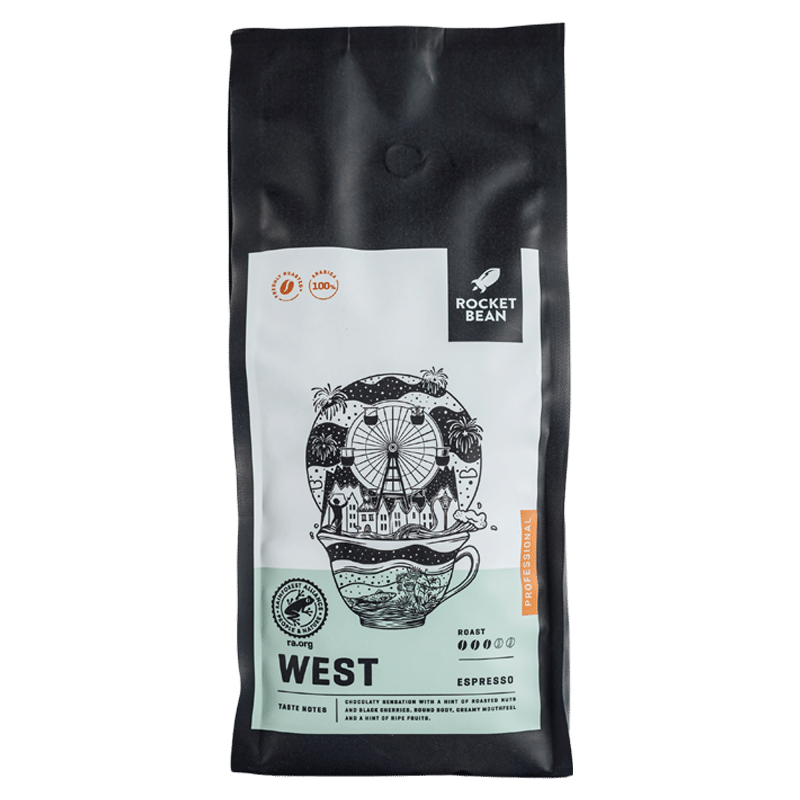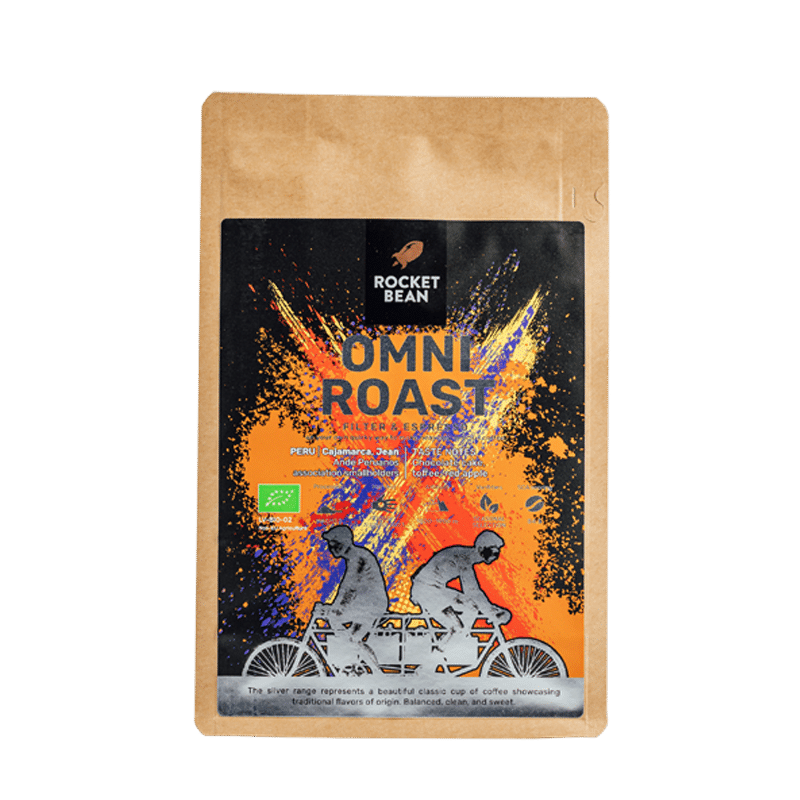Rwanda | Nyamasheke, Natural
filter
- Country: Rwanda
- Region: Nyamasheke
- Washing station: Cyesha washing station
- Producers: Joseph Ntarindwa
- Taste and Arome: Dark grapes, honey cake, cashew, red grapefruit
15,00 €
Processing
Natural
Harvest
March–May 2025
Altitude
1450–1750 m
Variety
Red Bourbon
Scoring
86,5
The Nyamasheke region is known for Rwanda’s top specialty coffees, thanks to its fertile soil enriched by the Virunga Mountain range’s volcanic activity. This classic naturally processed coffee profile delivers delicate sweetness with a vibrant fruit juiciness in every sip.
Origin: Rwanda
Rwanda, known as the “Land of a Thousand Hills,” is famous for its exceptional Arabica coffee, especially the Bourbon variety. The combination of high altitudes, fertile volcanic soils, and a favourable climate creates the perfect conditions for growing coffee. The coffee in the country is cultivated at elevations ranging from 1,400 to 2,100 meters, with a temperate climate and annual rainfall between 850–1,500 mm. The rich volcanic soils and mineral-rich spring waters contribute to the distinct flavour profile of Rwandan coffee. Key coffee-producing regions, such as Nyamasheke, Kanjongo, and Kigarama, take advantage of these conditions, making Rwanda’s coffee highly regarded worldwide.
Cyesha Washing Station:
Nestled in the forested hills of Rwanda’s Western Province near Lake Kivu, the Cyesha Washing Station in the Nyamasheke District stands as a fresh testament to Rwanda’s specialty coffee renaissance. Established in 2022 by Muraho – an initiative led by the Anbalagan brothers – Cyesha works with around 470 smallholder farmers, cultivating Red Bourbon at altitudes of 1450–1750 meters. Its microclimate, with cool lake winds, steady rainfall, and sandy volcanic soils, lends itself to slow, even drying, resulting in coffees of striking clarity. Cyesha is deeply rooted in sustainability and community: shade trees, regenerative agriculture, financial supports for farmers, and long-term investment in staff welfare all reflect a vision that values both quality and social impact. Washind station is managed by Joseph Ntarindwa, who oversees everything from the delivery of cherries to preparing coffee for shipping.
Variety: Bourbon
Bourbon coffee is a highly prized Arabica variety that originated on the island of Réunion (formerly known as Bourbon) and later spread to coffee-growing regions in Latin America, Africa, and Asia. Known for its well-rounded flavour profile, it offers bright acidity, a smooth body, and complex fruity notes, often with hints of chocolate, caramel, and berries. Bourbon thrives at high altitudes, where cooler temperatures and slower cherry maturation contribute to its rich and nuanced flavours.
While Bourbon plants are relatively resistant to certain pests and diseases, they are more susceptible to coffee leaf rust in some regions, which requires careful management. The trees are productive but need specific conditions to produce the best coffee, including fertile volcanic soils, adequate rainfall, and good shade. Bourbon has also had a significant influence on the development of other coffee varieties, with many modern cultivars, like Geisha and Caturra, tracing their genetics to Bourbon. Due to its quality and complexity, Bourbon remains a key component in specialty coffee blends and contributes to the distinctive flavour profiles of coffee produced in regions like Rwanda, Tanzania, Colombia, and others.
Processing
Once coffee cherries are fully ripe, they are carefully handpicked from coffee trees by smallholders working with the Cyesha washing station to ensure only the best cherries with optimal ripeness are selected. After harvesting, the cherries are delivered to the washing station, where they are sorted by hand to remove any defective or under-ripe cherries. The cherries are then spread in a thin layer on raised drying beds, so-called African beds, where they are turned regularly to ensure even drying. This drying process takes 2-3 weeks, during which uniform fermentation and flavour development occur. In Rwanda, harvesting typically occurs during the dry season, as the conditions help facilitate the drying process. Once the cherries reach a moisture content of around 12–13%, the outer fruit layer, or parchment, is removed using hulling machines, leaving behind the green coffee beans. These beans are then cleaned to remove any remaining fruit or debris. The hulled beans are sorted and graded by size and quality by hand, ensuring only the highest quality beans make it to market while inferior beans are separated in lower-grade coffee lots. Finally, once sorted and graded, the beans are packed into 60kg bags and delivered to the nearest port, where they begin their journey to the EU.
